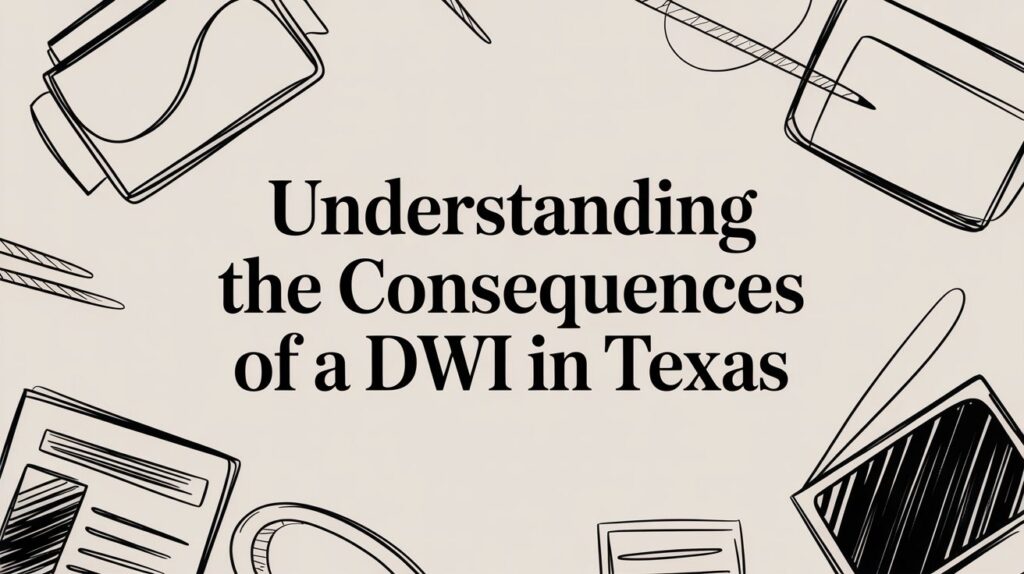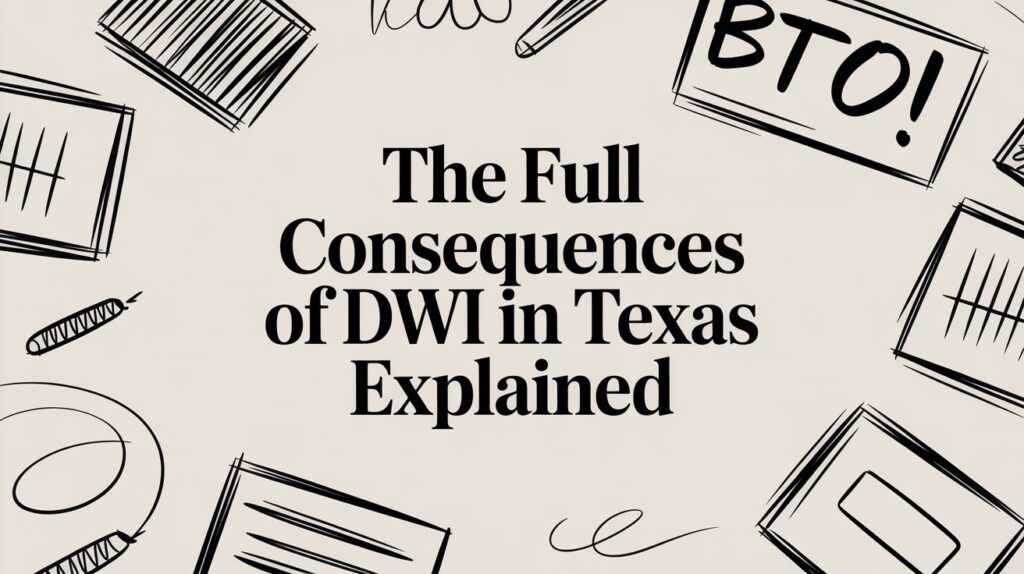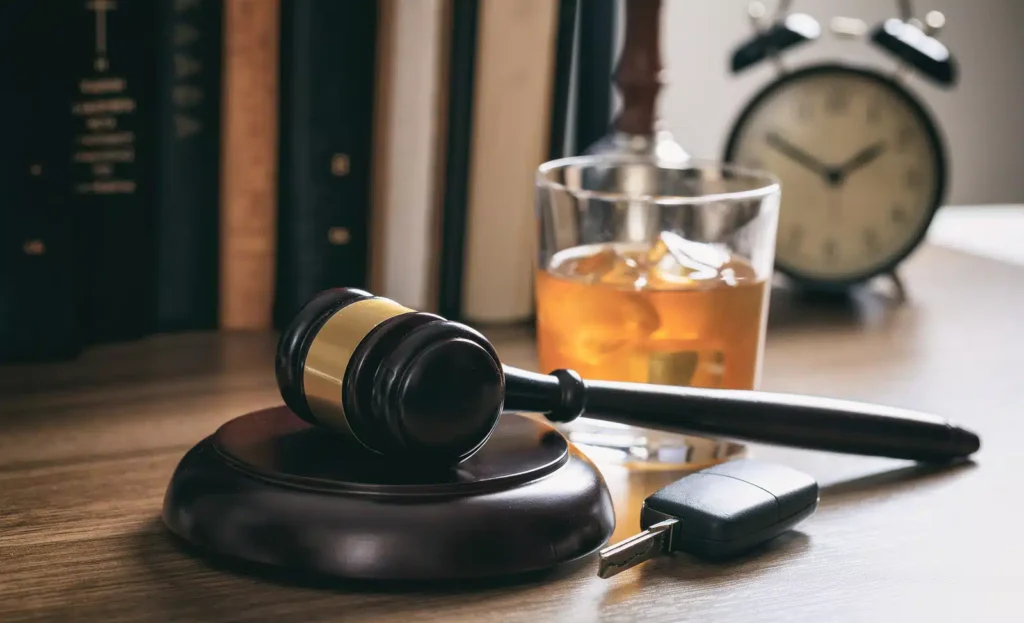Understanding DWI License Suspension in Texas
DWI license suspension in Texas is a significant consequence that can affect your driving privileges for a period of time. When a driver is arrested for DWI, their license may be suspended automatically, often within 15 days of the arrest unless a hearing is requested. Understanding the timeline and the process for contesting this suspension is crucial for anyone facing these charges.
In Texas, the length of the license suspension can vary based on the number of prior offenses and the specific circumstances surrounding the arrest. For first-time offenders, the suspension may last from 90 days to a year, while repeat offenders could face longer durations. It’s essential to consult with a qualified attorney to explore options such as obtaining an occupational license, which allows limited driving privileges during the suspension period.
Legal Options After a DWI Charge
After being charged with a DWI, individuals have several legal options to consider. These options include plea bargaining, challenging the evidence against them, or seeking a trial. Each choice comes with its own set of implications and potential outcomes, making it vital for defendants to understand their rights and the legal processes involved.
For instance, negotiating a plea deal may result in reduced charges or penalties, while contesting the evidence could lead to the dismissal of the case if procedural errors are found. Engaging a knowledgeable DWI attorney can provide clarity on the best course of action based on the specifics of the case and the individual’s driving history.
Common Myths About DWI Charges
There are numerous misconceptions surrounding DWI charges that can lead to confusion and misinformation. One of the most prevalent myths is that a driver can refuse a breathalyzer test without consequences. In Texas, refusing to take a breath or blood test can result in automatic license suspension and may be used against the driver in court.
Another common myth is that a DWI charge automatically leads to a conviction. In reality, many factors can influence the outcome of a DWI case, including the quality of legal representation, the circumstances of the arrest, and the presence of mitigating factors. Debunking these myths is essential for anyone facing DWI charges to make informed decisions.
The Role of an Attorney in DWI Cases
Hiring an attorney is a critical step for anyone facing DWI charges, as they can provide expert guidance and representation throughout the legal process. An experienced DWI lawyer understands the complexities of Texas law and can navigate the court system effectively, advocating for the best possible outcome for their client.
Moreover, an attorney can help identify potential defenses, negotiate plea deals, and represent the client at administrative hearings regarding license suspensions. Their expertise is invaluable in ensuring that the rights of the accused are protected and that they receive fair treatment under the law.




